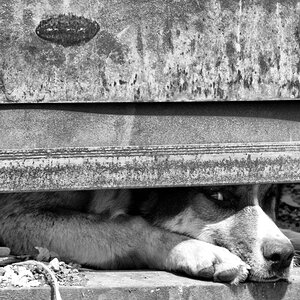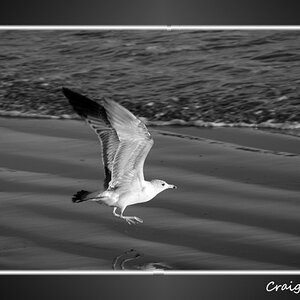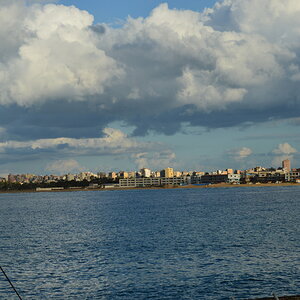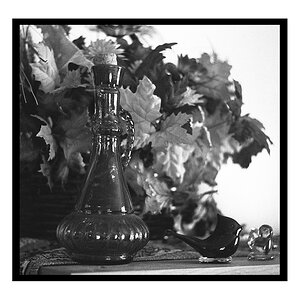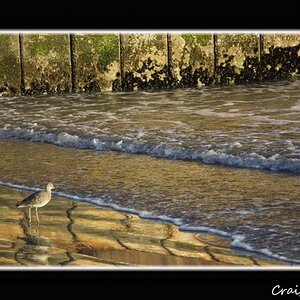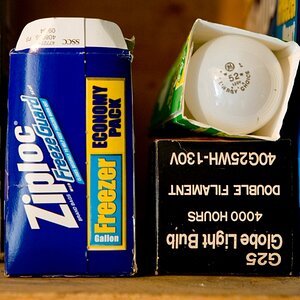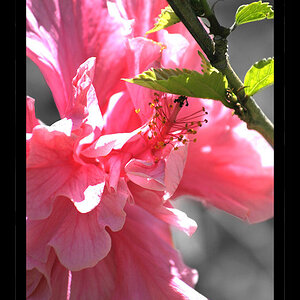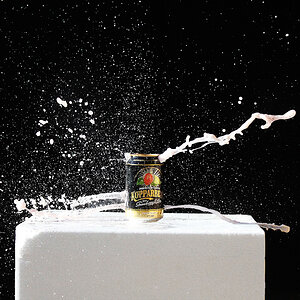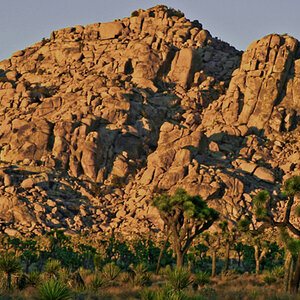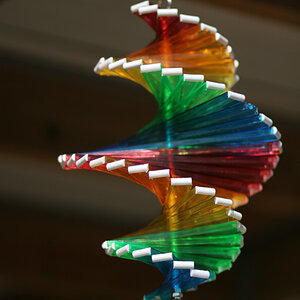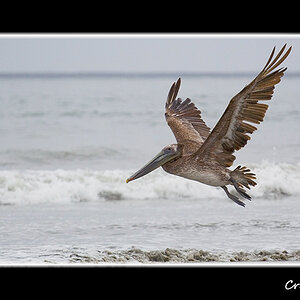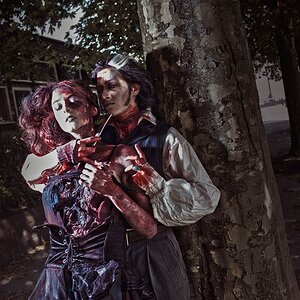Feezor
TPF Noob!
- Joined
- May 20, 2010
- Messages
- 74
- Reaction score
- 0
- Location
- So Cal
- Can others edit my Photos
- Photos OK to edit
I have been looking for a good explanation and a good way of comparing a full frame vs a crop sensor and I came across this website and found it very helpful so I thought I should share and maybe help someone else out.
EOS 5D vs. EOS 20D - Full Frame vs. APS-C Sensors - Bob Atkins Photography
I didn't understand alot of the graphs and explanations of the graphs but all the other information is all really good and helpful, or at least it was for me.
MAKE SURE TO READ PAGE 2!!!
Hope this helps someone.
EOS 5D vs. EOS 20D - Full Frame vs. APS-C Sensors - Bob Atkins Photography
I didn't understand alot of the graphs and explanations of the graphs but all the other information is all really good and helpful, or at least it was for me.
MAKE SURE TO READ PAGE 2!!!
Hope this helps someone.


